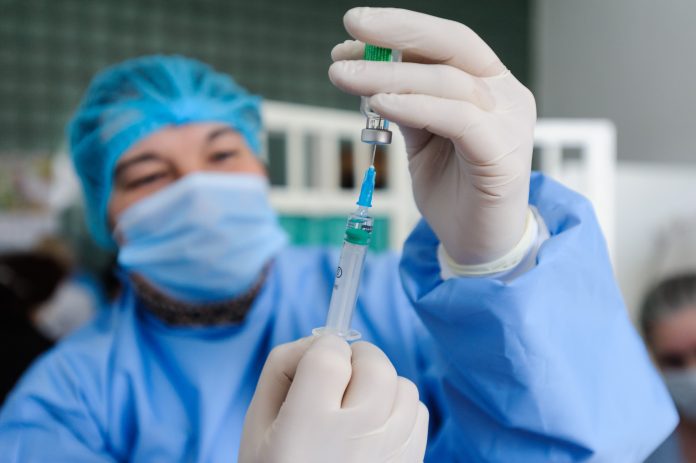The study found that missing a second COVID dose could “prolong” the pandemic, with more than 5 million people in the US not taking their scheduled dose
While the US vaccination programme continues, the pandemic landscape is shifting. The Center for Disease Control (CDC) recently said that outdoor masks would no longer be necessary in certain conditions. Individuals are, depending on their exact medical situation, able to spend time with friends and family now.
With Pfizer’s announcement that booster shots for a fully vaccinated person may need to be given as soon as six months after the second dose, now the question is, how long can COVID be held off if populations start to avoid even the second dose?
‘The necessity of a second dose’ is not widely known
Recent CDC data found that more than five million Americans missed their second dose appointments, for Moderna or Pfizer.
The researchers commented: “Many Americans, including many of those who have already received a first vaccine dose, remain confused about the timing of protection and the necessity of a second dose. Moreover, a large proportion of vaccinees report being uninformed about CDC guidance regarding the need to continue to take prophylactic measures.”
So because of positive reporting about how strong the first dose can be, individuals are fearing side effects or thinking that one dose is enough to protect them from the virus. The CDC guidance about the necessity of a second dose appears to be missing the intended audience.
Are masks are still essential with the vaccine?
Yes.
One fifth believe one dose is enough to give “strong protection”, while 36% were unsure. Then a further 19% were unaware of the need to time the second dose precisely, while not many respondents said that they were told to follow social distancing procedure after their first dose.
Less than a third of vaccinated participants said they were told their risk of transmitting COVID was unknown.
Researchers said: “These findings suggest that there is a real need – and opportunity – for the medical community to provide fuller guidance and greater contextual explanations to vaccinees about how life can change after vaccination as we gradually return to normalcy.”
Bad communication risks increasing ‘racial disparities’
The researchers further found that racial minorities were significantly less likely to be sure that a second dose was worth it, with Black and Latinx respondents significantly more likely to be unsure about levels of protection.
Reflecting on the existing disproportionate impact on communities of colour, the researchers said: “Failure to combat second-dose attrition among members of minority groups risks magnifying existing racial disparities in the virus’s human toll.”











